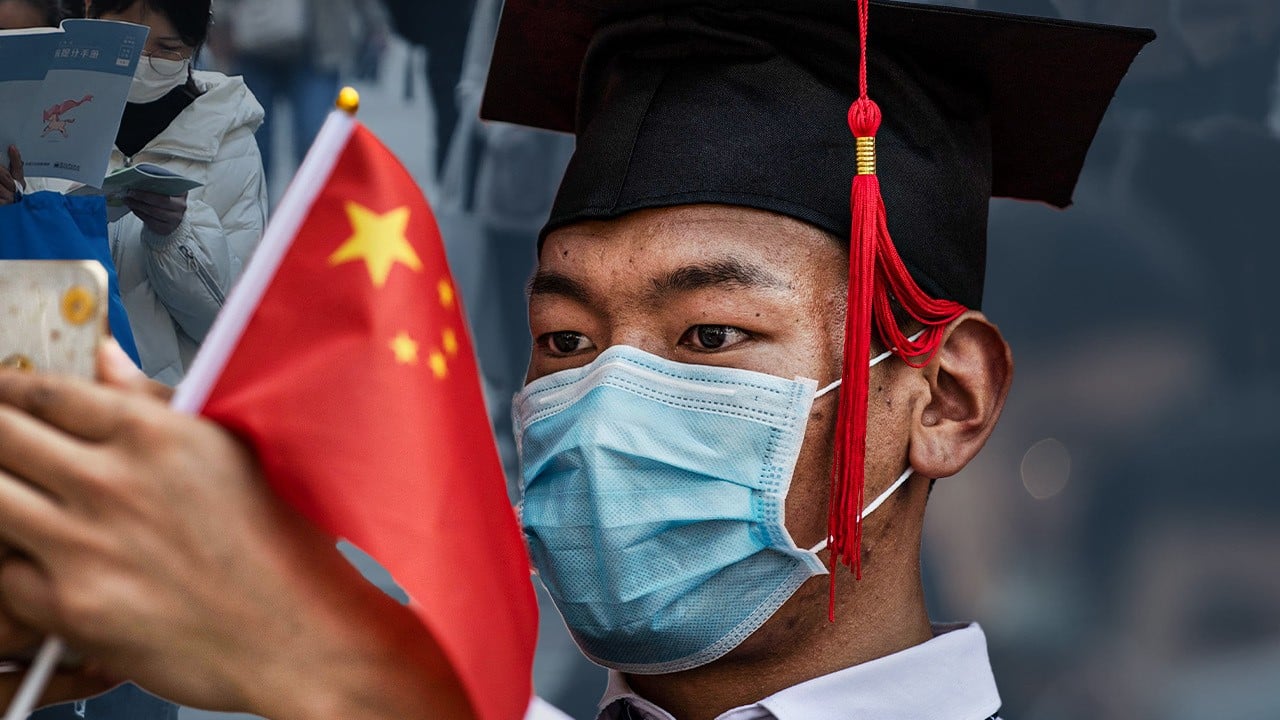China’s ‘two sessions’ 2024: focus on work-life balance urged to stop workers being trapped by ‘invisible overtime’
China should improve protection for workers from “invisible overtime”, according to policy advisers and lawmakers at the ongoing “two sessions” in Beijing, with the world’s second-largest economy particularly struggling against high youth employment.
Chinese People’s Political Consultative Conference delegate Lyu Guoquan, who is the director of the general office of China’s trade union federation, has proposed including the right of “offline rest” into labour laws, while also raising the legal penalties for companies involved in “invisible overtime practices”.
“Digital information technology in the internet era … has blurred the ‘boundaries’ between work and life, making invisible overtime increasingly normalised as ‘unpaid overtime’,” Lyu said, according to the state-owned Workers’ Daily newspaper on Tuesday.
“The state of being ‘always online’ has left workers ‘trapped in the work system’, adversely affecting their physical and mental well-being.”
He suggested revising standard working hours to clearly define online overtime and compensation, alongside setting limits on hours for positions that rely on online platforms with fluctuating schedules and high workloads.
The government should also step up supervision and penalties for employers with “invisible overtime”, and improve the mechanism for workers to protect their rights against unreasonable and unpaid overtime, Lyu added.
Employees should not work more than eight hours per day, or 40 hours per week, on average, according to China’s labour laws.
Employers may, due to production and business needs, extend working hours after consulting trade unions and workers, generally for no more than one hour per day, but overtime should be paid.
It’s exactly these seemingly easy tasks that can turn work into something to be done at any time, even becoming a 24/7, 365-day affair
“In reality, many workers spend far more than an hour in their work groups after work, but they are not paid for their labour accordingly,” the Workers’ Daily article said.
“Many work arrangements may seem as simple as sending a message or checking data, but it’s exactly these seemingly easy tasks that can turn work into something to be done at any time, even becoming a 24/7, 365-day affair.”
A notoriously gruelling work schedule is still a pain plaguing China’s work culture, especially among tech companies, who remain one of the most competitive destinations for tens of millions of jobseekers amid a faltering employment environment.
China’s unemployment rate for the 16-24 age group stood at 14.9 per cent in December, while the figure for the 25-29 age group was 6.1 per cent, according to revised data from the National Bureau of Statistics.
Being ‘24-hour on-call in work groups’ should not be the norm
Premier Li Qiang said in his maiden government work report during Tuesday’s meeting of the National People’s Congress (NPC) that the government has targeted creating more than 12 million new jobs in urban areas this year.
“Employers should not post routine work and ask for timely responses during out-of-hours, especially at night,” said NPC representative Wang Yong, who manages the Hubei branch of logistics firm SF Express, according to the Workers’ Daily.
“And being ‘24-hour on-call in work groups’ should not be the norm.”
Wang also urged logistics companies to reduce the working hours for couriers, and also called for an improvement in insurance coverage.



